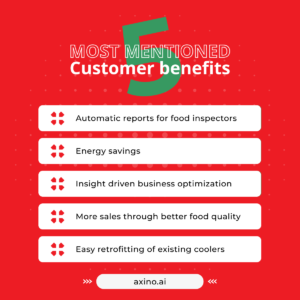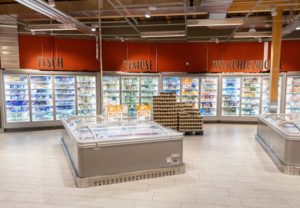Improving cooling efficiency is a huge opportunity for positive impact
Access to proper refrigeration is shown to reduce food waste and increases food security. The FAO estimates that food waste costs up to $2.6 trillion per year, including $700 billion in environmental costs and $900 billion in social costs (FAO 2013).
The Climate & Clean Air Coalition (CCAC) shows that optimized refrigeration in commercial food stores will:
- Reduce food loss and waste, which is responsible for 8% of total greenhouse gas emissions (FAO 2013)
- Reach potential savings of 15- 30% of energy and a 60-85% CO2 reduction with energy efficiency improvements (CCAC 2014)
The impact of this is massive when considered that electricity demands are increased steadily, with more than five times the requirements in carbon intensity from 2000 to 2018, with cooling and refrigeration becoming the fastest growing use of energy (IEA, 2019).
The UN’s Sustainable Development Goals (SDGs), help to focus impact for food quality and safety. The potential improvement that optimized cooling has for food and product safety is seen across many SDGs.
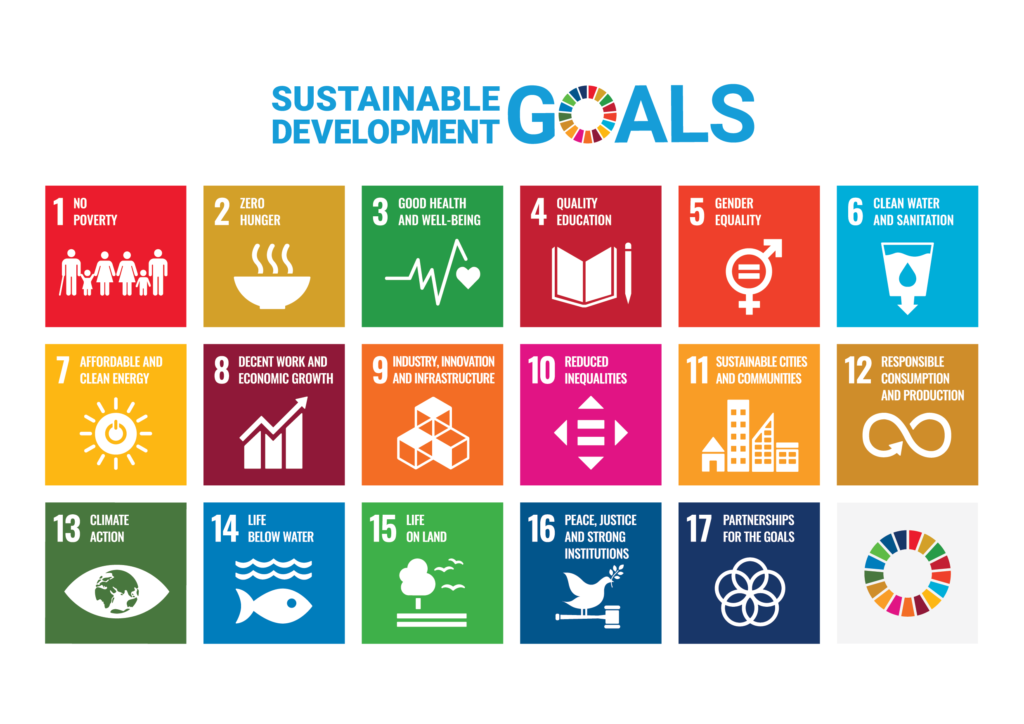
How efficient cooling contributes to the SDGs
Much of the 17 SDGs can be impacted by increasing efficient cooling and refrigeration.
For example, if food refrigeration and cooling become more efficient, this impacts across the entire food chain from the consumer back to the farmers and fishers (SDG1), providing access to market and reducing yield losses from inadequate cooling.
Reducing food insecurity from food waste, ending hunger and malnutrition (SDG2).
Not only that, but proper cooling management can deliver access to temperature sensitive vaccines and medicines for all (SDG3).
Optimizing refrigeration for product cooling helps to reduce energy requirements, promoting sustainable modern energy (SDG7) and as such, climate targets are also put at risk (SDG13).
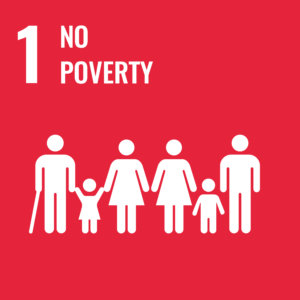
Reducing food waste from inefficient and inadequate cooling
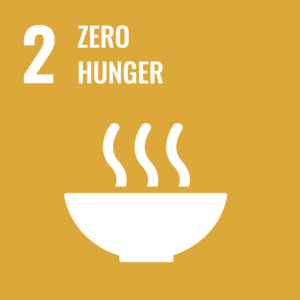
Reducing food insecurity from food waste, ending hunger and malnutrition
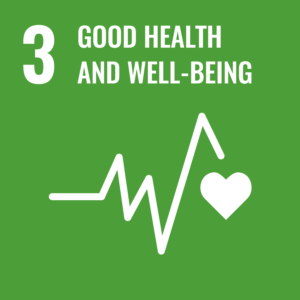
Improved access to temperature sensitive vaccines and medicines for all
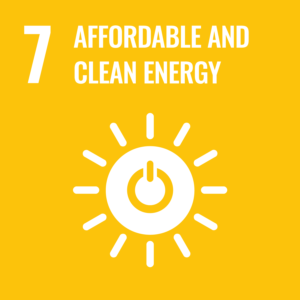
Optimized cooling and refrigeration reduces energy requirements
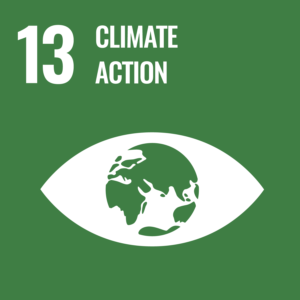
Minimizing CO2 and greenhouse gas emissions for positive climate impact
Axino’s impact
We work to enable grocers to make smart, data-driven decisions for food safety and freshness. With a smart IoT based sensor, any industrial refrigerator can be retrofitted, for optimized cooling within minutes. This enables grocers to automate in-store food safety processes and guarantees the quality of fresh food.
We made a solution to automatically monitor the quality of all food groups. With our advanced technology and algorithms, we identify the key measurement for food freshness, with Core Temperature data. This enables food quality and freshness management processes to be digitized, automated, and optimized – simplifying store compliance operations, reducing food waste, minimizing energy consumption and improving food quality.


